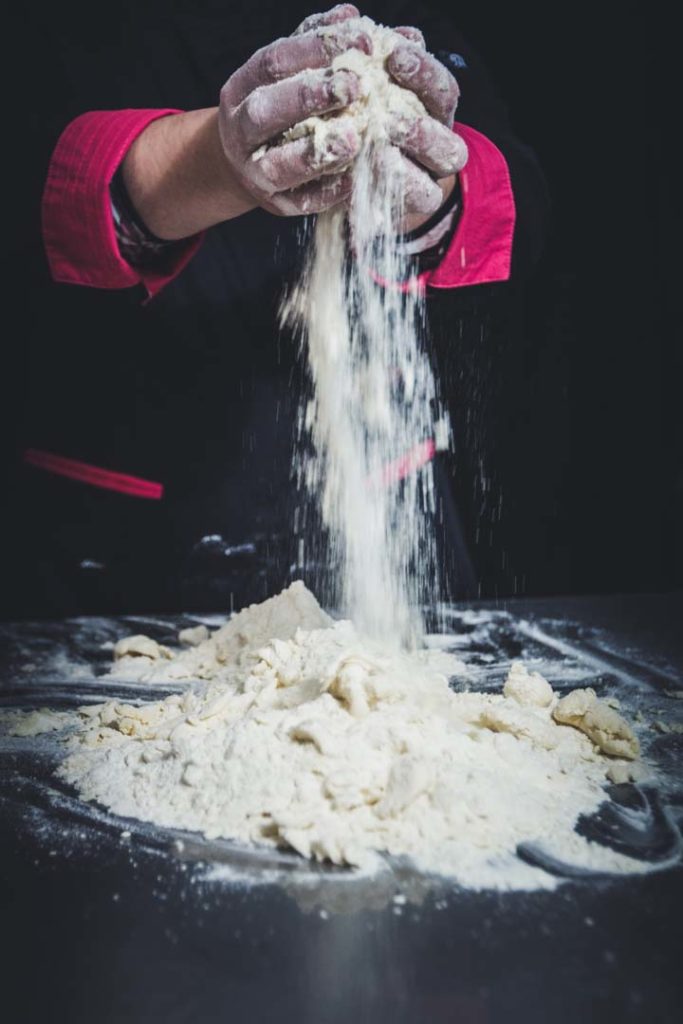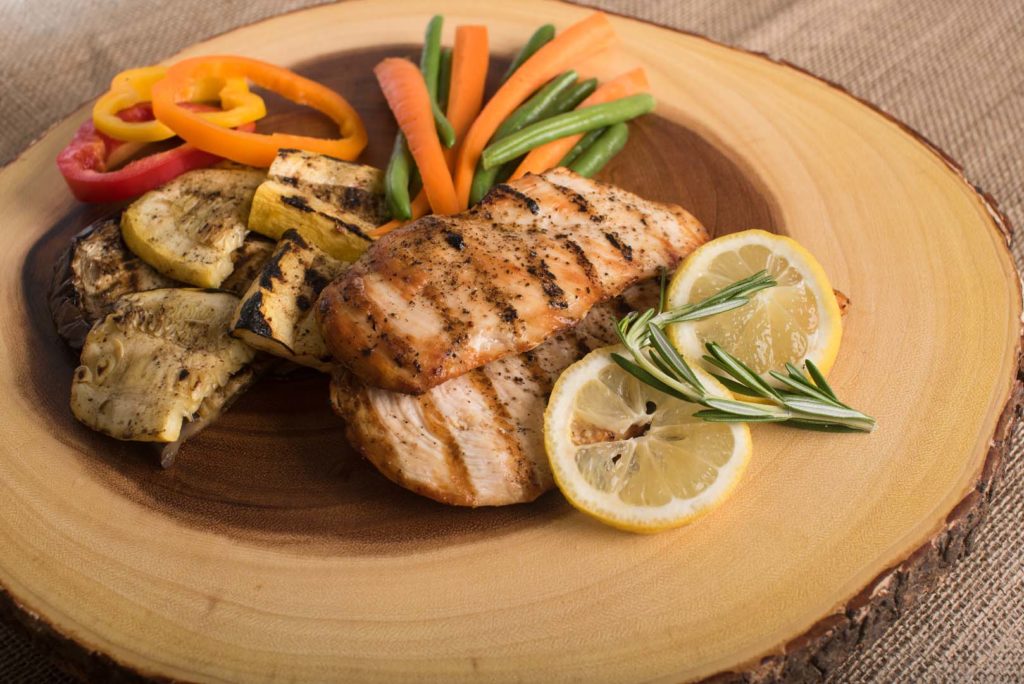Is Protein Powder Safe? Are There Any Side Effects to the use of Protein powder?
For the typical healthy adult, protein is perfectly safe. Some of the side effects of using the wrong protein are bloating and gas.

You should always check with your doctor before using any supplements or vitamins because he/she has your whole life history and will be able to point out any possible incorrect interactions between any prescribed drugs you might be taking and the supplements you are proposing to take. As long as you don’t greatly exceed your ideal amount of protein per day, you have no pre-existing health issues, and if your doctor gives you the green light you really should have nothing to worry about.
Protein powder is probably the safest supplement on the market there is.
That said, you should not overdo it and drastically reduce the carbohydrates, fats, supplements, and other ingredients in a well-balanced nutritional diet. Too much protein and not enough of everything else can cause a change in the body’s metabolism that is unhealthy. Again, plan for the long term and establish a healthy, balanced diet.
Meat, fish, poultry, dairy, and eggs are all examples of complete proteins.
Some additional food sources of protein include:
- lean meats – beef, lamb, veal, pork, kangaroo.
- poultry – chicken, turkey, duck, emu, goose, bush birds.
- fish and seafood – fish, prawns, crab, lobster, mussels, oysters, scallops, clams.
- eggs.
- dairy products – milk, yoghurt (especially Greek yoghurt), cheese (especially cottage cheese).
- nuts (including nut pastes) and seeds – almonds, pine nuts, walnuts, macadamias, hazelnuts, cashews, pumpkin seeds, sesame seeds, sunflower seeds.
- legumes and beans – all beans, lentils, chickpeas, split peas, tofu.
Some grain and cereal-based products are also sources of protein, but are generally not as high in protein as meat and meat-

Plant based Proteins and Their Protein Count
- Pumpkin seeds have 5 grams of protein in 1 oz.
- Hemp seeds have 10.78 grams of protein in 1 oz.
- Almonds have 6 grams of protein in 1 oz.
- Pistachios have 6 grams of protein in 1 oz.
- Flaxseeds have 5.19 grams of protein in 1 oz.
- Tofu has 10 grams of protein in 1/2 cup.
- Oatmeal has 8 grams of protein in 1 cup cooked.
- Lentils have 8 grams of protein in One half cup of cooked.
Chia seeds have 4.7 grams protein in 1 oz. - Spirulina has 4 grams of protein in 1 tablespoon.
- Nutritional Yeast has 3.8 grams of protein in 1 tbsp.
- Soybeans have 11 grams of protein in 1/2 cup.
- Peas have 8 grams of protein in 1 cup.
- Kale has 2.9 grams of protein in 1 cup (chopped).
- Broccoli has 2.6 grams of protein in 1 cup chopped.
- Brussel Sprouts have 3 grams of protein in 1 cup chopped.
© Copyright – Hector Sectzer

















